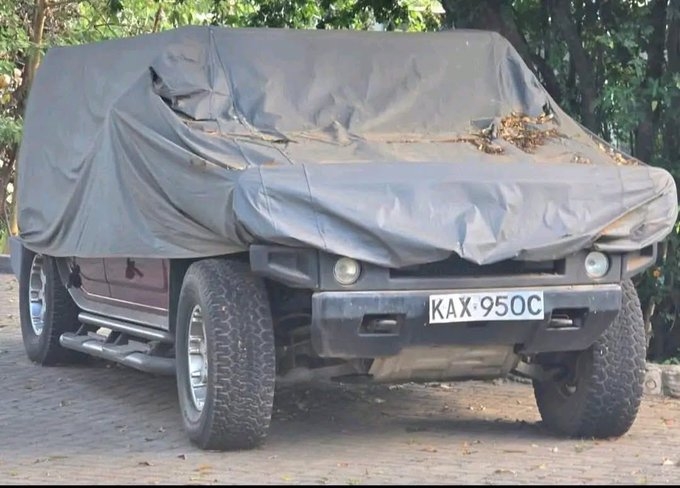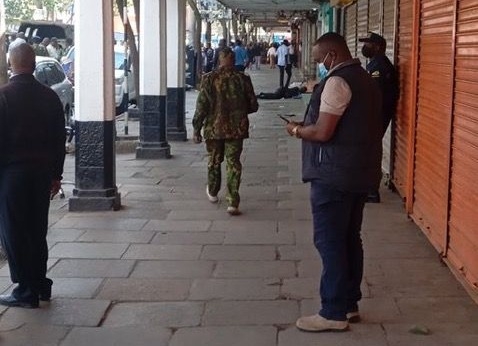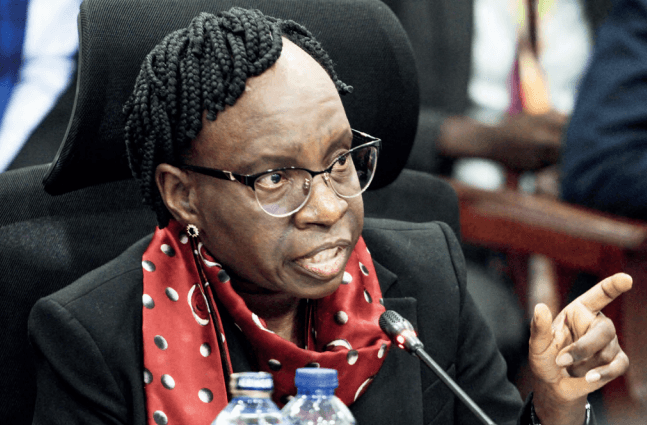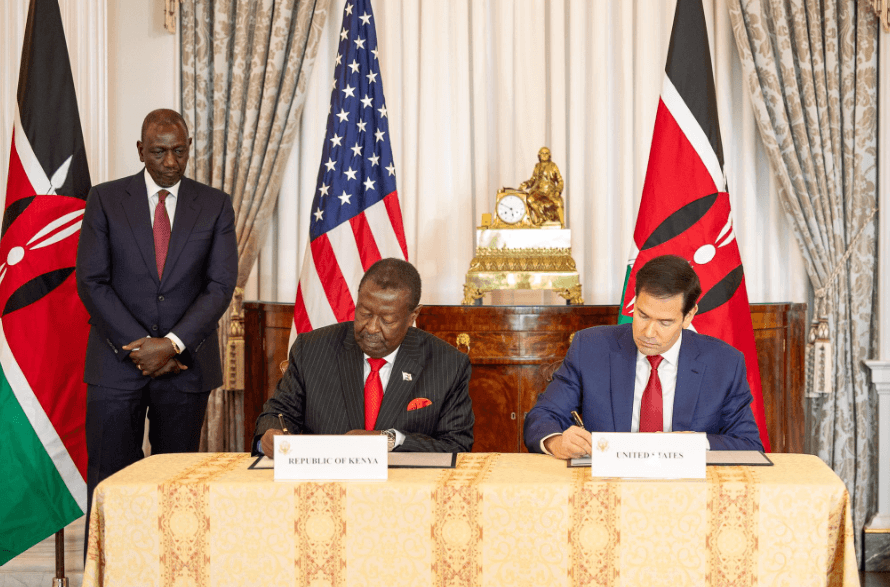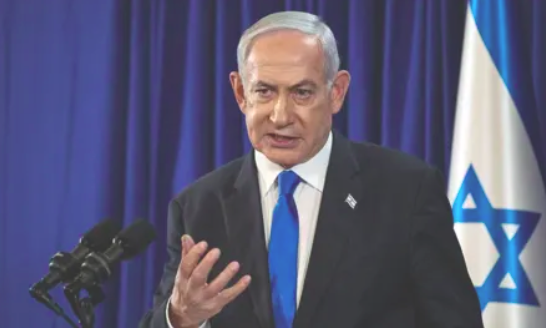
Prime Minister Benjamin Netanyahu is due to hold a news conference as protests intensify in Israel over his plans to take over Gaza City.
A UN emergency meeting on Gaza will take place at 15:00 BST - it has been called for by every member of the Security Council except the US and Panama.
Israel's Gaza plan has been met with fierce criticism from the hostages' families and several countries - including the UK, France and Germany.
Israel strongly rejects the condemnation with Defence Minister Israel Katz saying it "will not weaken our resolve".
Netanyahu's office announced the plan on Friday with five objectives: disarm Hamas, release the hostages, demilitarise the Strip, take security control and establish an "alternative civil administration".
The Israeli government does not allow international news organisations, including the BBC, into Gaza to report freely.
News of the Israeli government's decision to take over Gaza City is being met not surprisingly with despair in Gaza. Gaza City, its capital, is on a countdown to oblivion.
Assuming that Hamas does not capitulate in the coming weeks – and there are currently few signs of this happening – then the Israeli military is set to embark on a devastating new phase of the war.
For Gaza City, where an estimated one million civilians still live, the prospects are bleak.
Hundreds of thousands are people who were forced to flee during the early months of the war but who returned in January when a ceasefire raised hopes of an end to the fighting.
They spent more than a year away from their homes, driven from one location to another, living in increasingly desperate conditions.
When they returned to the north, many found their homes destroyed and their neighbourhoods erased. But they settled down where they could, believing the war might finally be over.
But life in the city, hard enough already, deteriorated rapidly after Israel broke the ceasefire in mid-March and cut off aid supplies, triggering the worst humanitarian crisis of the conflict.


